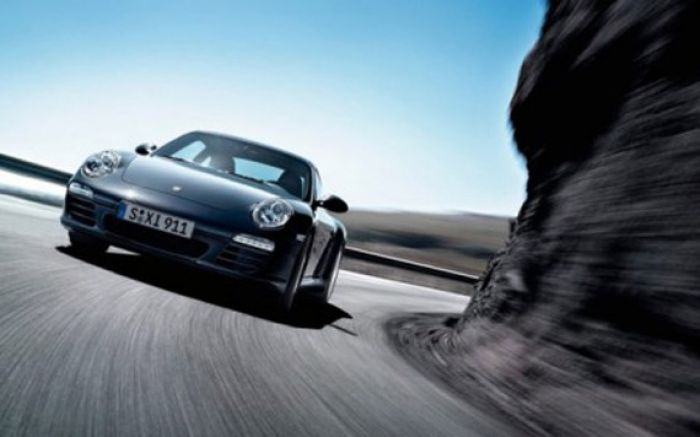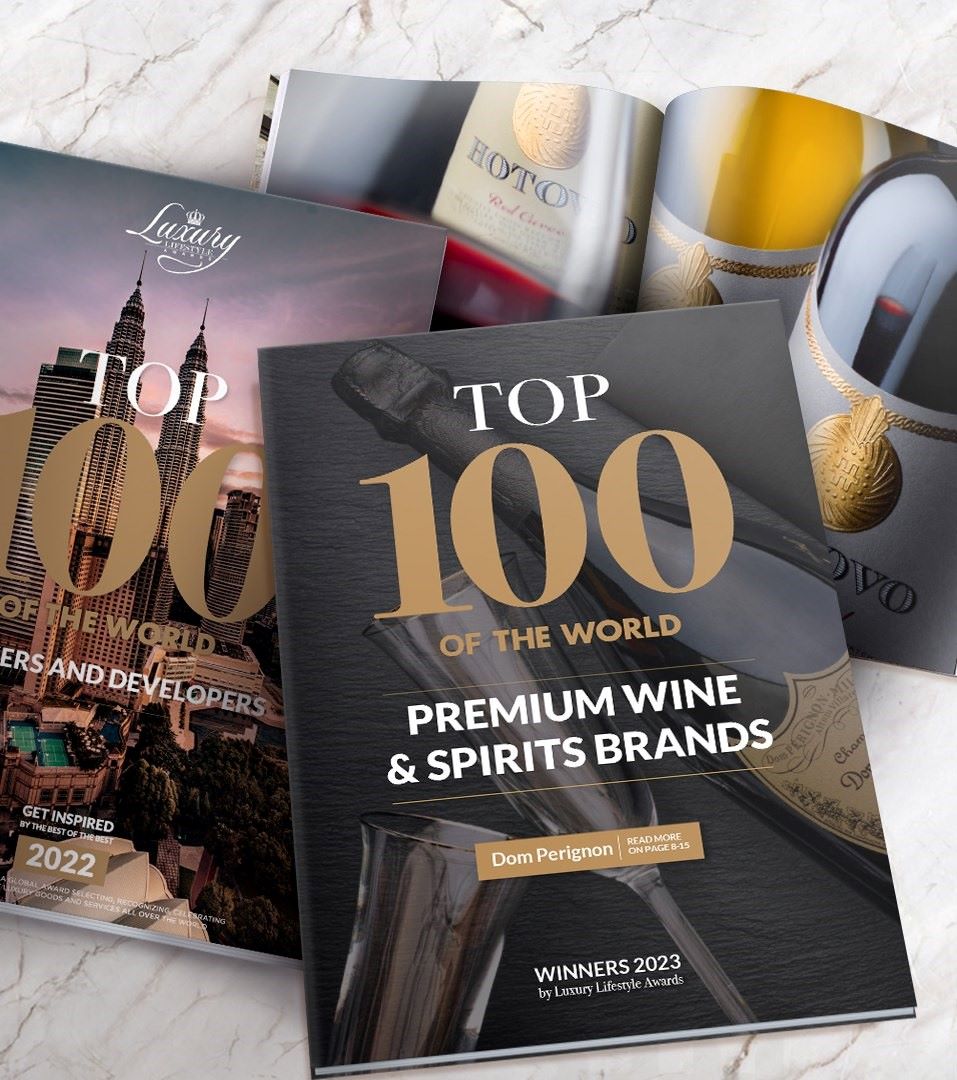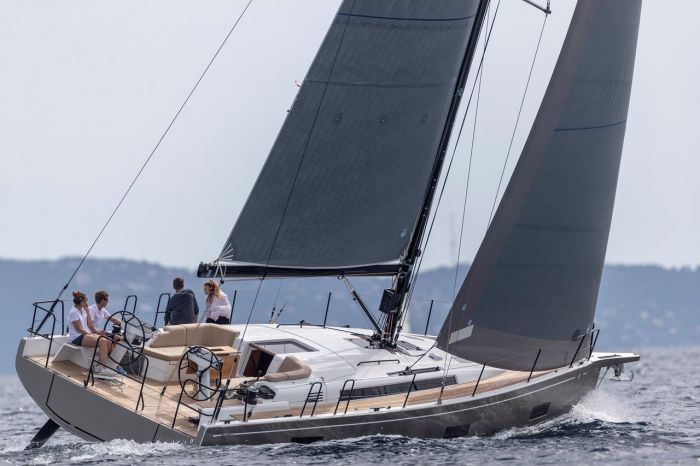
Photo Courtesy of Porsche
When it comes to luxury, how are individual brands and conglomerates performing, and what does it mean for an industry threatened by economic crisis?
The Big Three
Back in August, we confirmed strong earnings reports from LVMH, PPR and Richemont, demonstrating little sign of a predicted slowdown in China, and an increased consumer interest in hard luxury. Both PPR and LVMH reported strong first-half profit growth, driven by sales in ‘hard’ luxury goods such as watches and jewellery, whilst Richemont confirmed a sales increase of 24% for four months ended this July.
More recently, Burberry’s shock profit warning has the industry – or at the very least, the media – questioning the longevity of luxury’s second ‘dream run’. Following Angela Ahrendt’s announcement that quarter retail sales growth has slowed against historically high comparatives, and warned that annual profits would be at the bottom end of analysts’ expectations of between £405 million and £445 million, shares of LVMH, PPR and Richemont went into decline.
Forecasts
Despite recent pessimism, Reuters analysts expect the global luxury industry to grow between 7 percent and 9 percent in 2012, below the double-digit growth levels seen after the 2009 financial meltdown. Merril Lynch have confirmed that the growth rate of the Chinese luxury market has been slowing down, but still expect China’s share to double from 10% in 2010 to 22% by 2015 (CPP Luxury).
Euromonitor believes that despite the volatile global economic outlook, the luxury goods market is set to continue to prove resilient and is likely to generate an extra US$74bn in new sales by 2017. Its research maintains that China is on track to become the second biggest luxury market in the world after the US in the next five years.
On the Decrease
The catalyst in this discussion, Burberry revealed a surprise profit warning last week, reporting its worst retail sales growth since the financial crisis. “We aren’t changing strategies,” remarked CEO Angela Ahrendts to WSJ, going on to remark that Burberry cannot control the external consumer environment, which includes continued economic turbulence in Europe and decelerating growth in China.
Germany-based Daimler has announced that operating profit at Mercedes-Benz Cars will fall this year, lowering a previous target of matching the 2011 figure (Reuters). First-half operating profit fell 10% to €2.57 billion, as CEO Dieter Zetsche confirmed a savings project to be called “Fit for Leadership.”
Austerity measures will also be launched at Fiat – owner of the Alfa Romeo and Lancia brands – where it is expected that 110 of 550 managerial positions in Europe will be cut. The manufacturer expects an operating loss of 700 million euros in Europe at its volume brands this year (Reuters).
Porsche has been one of the first to admit that 2013 sales probably won’t exceed 2012 numbers, announcing plans to reduce vehicle production in 2013, and trim spending wherever possible (Motor Authority).
On the Increase
But it’s not all doom and gloom, Italian fashion house Prada has posted a 59.5% jump in net profit, remarking that its sales in the past two months were on track with expectations. “I think we must stay calm and be less hysterical. I don’t see such a dramatic market,” explained CEO Patrizio Bertelli to Reuters.
The Salvatore Ferragamo Group reported a 22.5% increase in net profit, lifted by growth in all markets, particularly China, and a spike in its footwear, handbags and leather accessories and fragrance divisions (WWD). Tod’s, part of the Tod’s Group of brands, reported its half year income grossed €74.4 million, an increase of 13.7% compared to the same period last year (Fashion United).
Hindered by costs related to its initial public offering, Brunello Cucinelli reported a drop in net profits, from €7.6 million in the first half, from €8.8 million in the corresponding period last year. Though “normalized” net profits – those, which do not include the non-recurring expenses incurred for the IPO – managed to gain 35.1% in the period, ended June 30, compared with 2011 (WWD).
Ferrari chairman Luca Cordero di Montezemolo is predicting another record year for the Italian supercar manufacturer, despite the poor economic situation in Europe, the possibility of slower growth in China, and heavy investment in Formula 1 (Motor Authority). For the first six months of the year, sales are already up 7% and profit is up 13% on the comparable period in 2011.
Meanwhile Volkswagen’s luxury brand Audi achieved record sales for the month of August, delivering 14.9% more cars to customers, versus August 2011. China accounted for one out of every three Audi’s sold in August, as the brand’s single largest market continued to power demand, boosting volumes by 24% (Reuters).
In the US, Michael Kors Holdings Ltd said it would likely earn more than it earlier expected in the second quarter, as the fashion and accessory designer banks on strong global sales. The recently listed company said quarter-to-date comparable store sales rose 45.1 percent.
So What?
The game is far from over yet, even when it comes to a luxury car market inevitably approaching decline. Whilst first-half operating profit for Mercedes-Benz Cars may have fallen 10% to €2.57 billion, it still reported an operating profit of €2.57 billion. Perhaps the sensationalist reaction to Burberry’s profit warning and luxury automaker woes has more to do with unrealistic expectations than it does an impending crisis for the luxury industry.
“There is nothing problematic with a 3 percent growth,” explained Ermanno Scervino CEO Toni Scervino, at the Reuters Consumer and Retail Summit in Milan. Scervino is targeting 3 percent revenue growth this year, in line with its past years but far from global trends in 2011, with a focus “to improve production and grow in the long term.”
“We should avoid panicking because of an announcement of an individual company,” suggested Gianluca Brozzetti, CEO of Roberto Cavalli, in the wake of the Burberry announcement. “They made some promises to investors and probably those promises were too aggressive. But it’s one thing to say the performance of Burberry is not meeting its objectives… and it’s another thing to say the luxury market has problems.”














